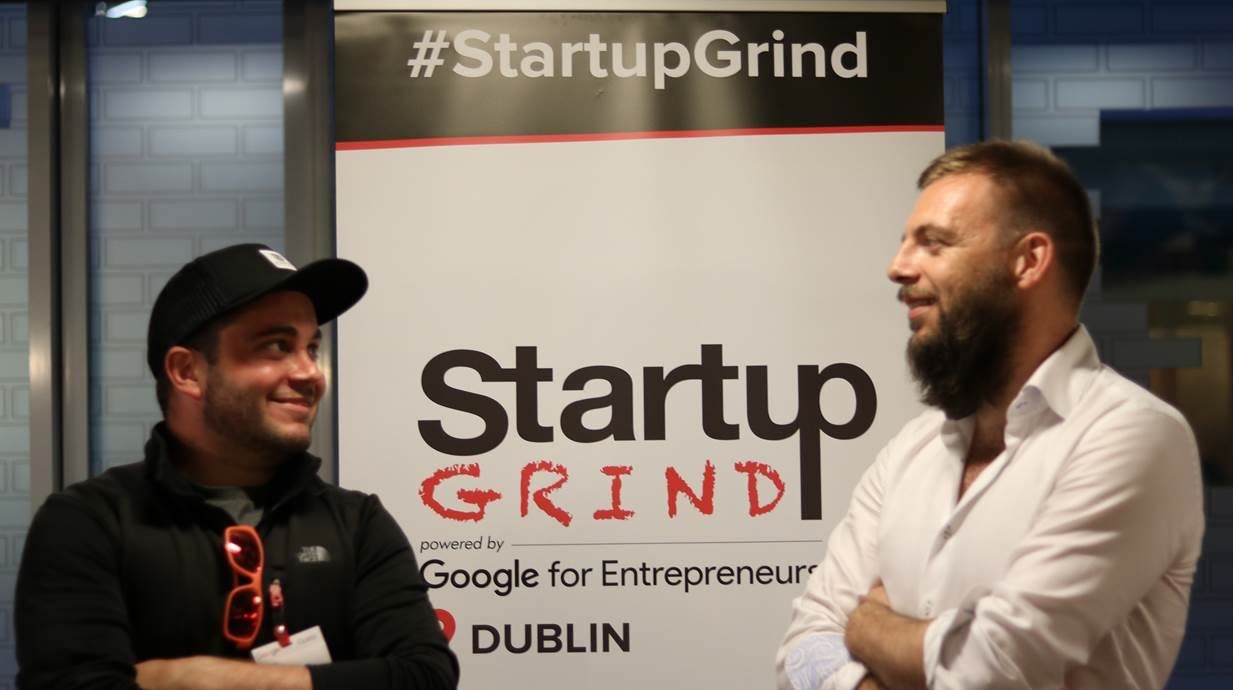Crowdfunding in Ireland may sound like a new trend. In fact, it has been around for centuries.
Crowdfunding is a traditional way for small businesses to raise money. In the past, crowdfunding was called the cooperative movement. Collective groups, such as community or interest-based groups, pooled subscribed funds to develop new ideas, products and distribution channels.
Today, it is by definition, “the practice of funding a project or venture by raising many small amounts of money from a large number of people, typically via the Internet.”
The Internet simply made crowdfunding available for more businesses and more investors.
What are some of the top crowdfunding sites?
There are crowdfunding platforms particular to the Irish market including: FundIt; SeedUps; iCrowdFund; iDonate.ie; and MoneyCrowd.
What are the risks?
According to Matheson, there is no legislation or regulations in Ireland specifically dealing with crowdfunding. It’s an unregulated industry.
What is the state of crowdfunding in Ireland and Europe?
The Current State of Crowdfunding, a new report by CrowdfundingHub, shows that in almost all European countries volumes are rising quickly, but large differences between countries remain.
“We are happy to see that more countries are now adopting legislation for the industry, and we expect crowdfunding volumes to increase even further in the coming years,” says Ronald Kleverlaan, CEO of CrowdfundingHub.
The UK has the most mature alternative finance industry when it comes to volume as well as the ecosystem.
In the United Kingdom, more than 10% of businesses are funded through alternative investment and this percentage is growing.
“Equity-based crowdfunding for SMEs has tremendous potential in Ireland, but the Central Bank needs to be supportive of the process,” says Paddy Coyne of iDonate.ie.






